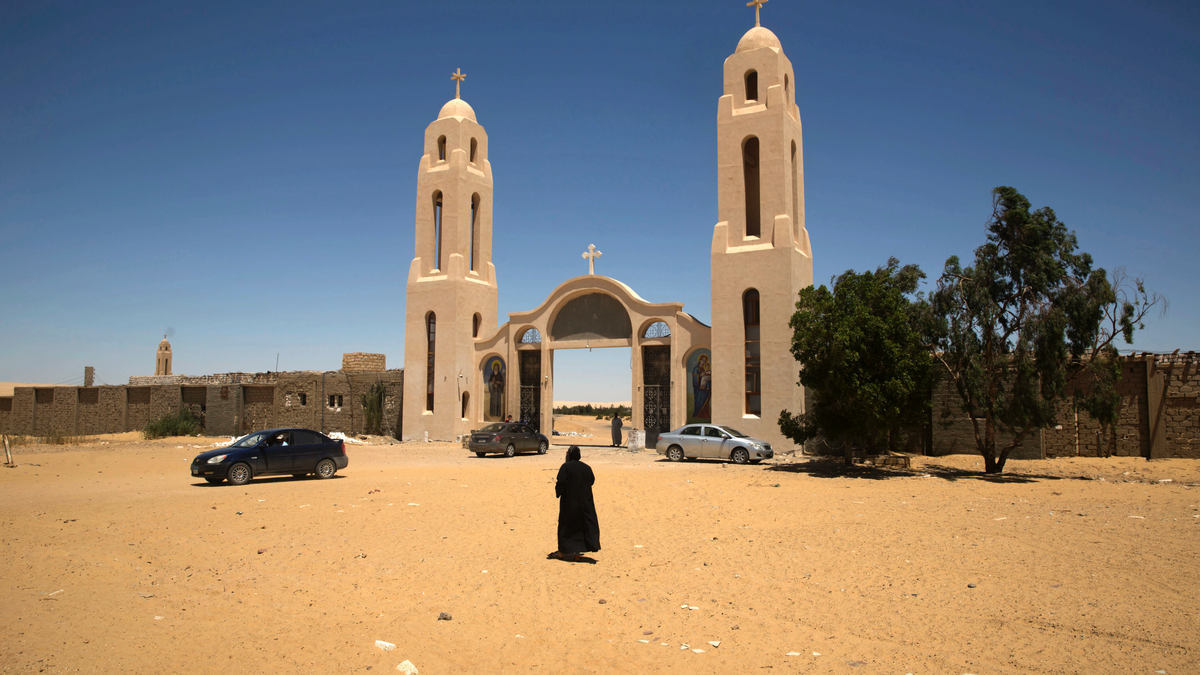
CAIRO – Egypt's Coptic Orthodox Church said Thursday it will not be taking in new monks in monasteries nationwide for a year after the unresolved death of the abbot of a prominent monastery in the desert northwest of Cairo.
The church said in a statement that the measure, which goes into effect starting this month, is among a series taken after Bishop Epiphanius, abbot of St. Macarius Monastery, also known as Anba Maqar, was found dead in the monastery earlier this week.
His funeral was held this week and attended by Pope Tawadros II, the spiritual leader of Egypt's Coptic Orthodox Christians, one the world's oldest Christian communities.
The church has also given its monks across Egypt one month to shut down their social media accounts, arguing that keeping them is incompatible with monastic life. It also said that monks who appear in the media or are found to be involved in interactions not assigned by their respective monasteries risk facing questioning and could potentially be de-frocked.
The circumstances surrounding Bishop Epiphanius' death remain unclear and an investigation is ongoing.
Church spokesman Boulis Halim said the monks' activities were not linked to the bishop's death. He said the measures were simply aimed at instilling discipline to monastic life.
Egypt is the birthplace of Christian monasticism and is home to some of the world's most ancient monasteries, which have drawn monks for centuries to lead solitary ascetic lives in the country's vast barren landscape. Monks have largely remained in retreat over the years even amid the monumental changes that shook Egypt's political and social landscape in recent years.
The monasteries, located in remote desert areas, have had faint experience with the rise in Islamic militancy following the 2013 military ouster of former Islamist President Mohammed Morsi after mass protests against his rule. In April 2017, gunmen attacked security forces stationed near the famed St. Catherine's Monastery in Egypt's south Sinai, killing one policeman. The attack was later claimed by the extremist Islamic State group.
A month later, masked gunmen ambushed a bus carrying Coptic Christians traveling to a monastery south of Cairo, killing 29 in an attack blamed on militants who infiltrated across the desert border with Libya. IS claimed that attack, too. Egypt responded with airstrikes targeting what it said were militant training camps in Libya.
